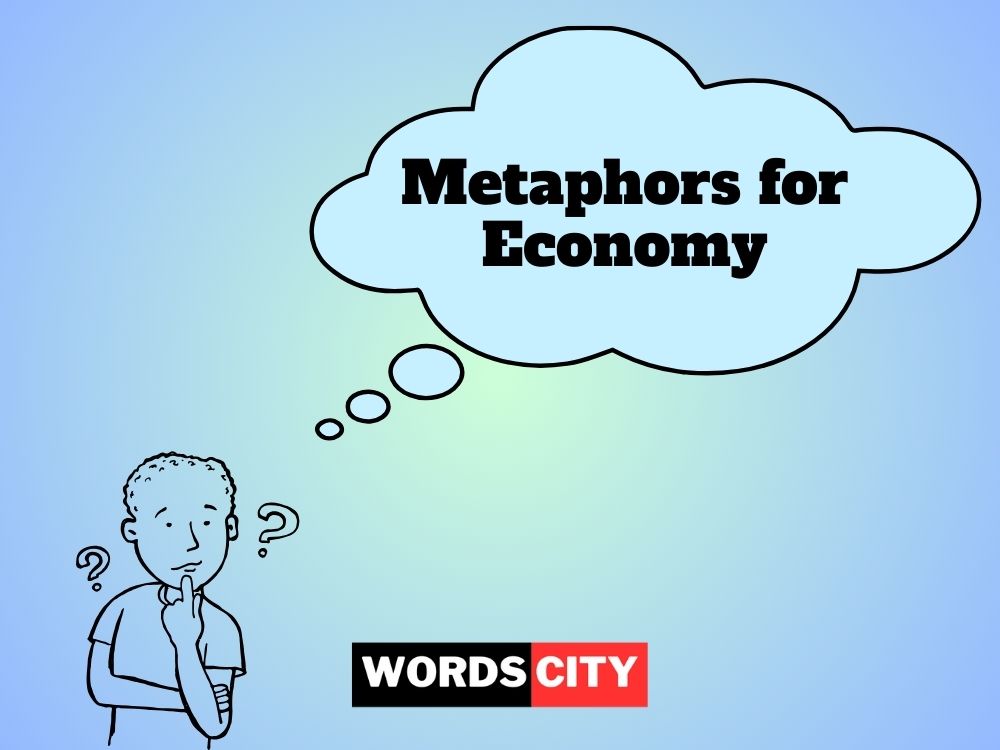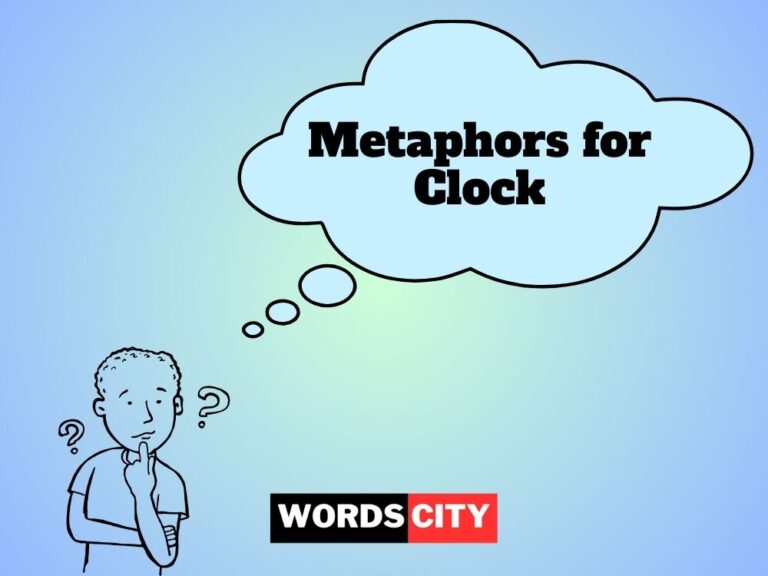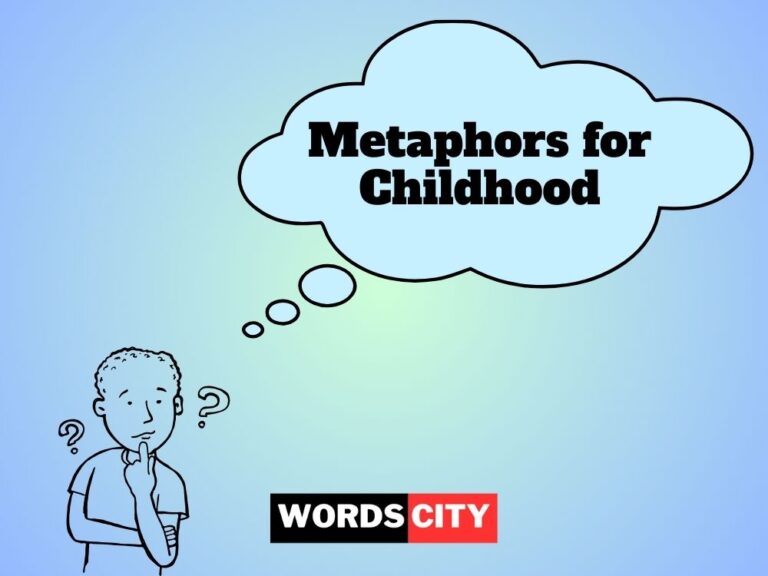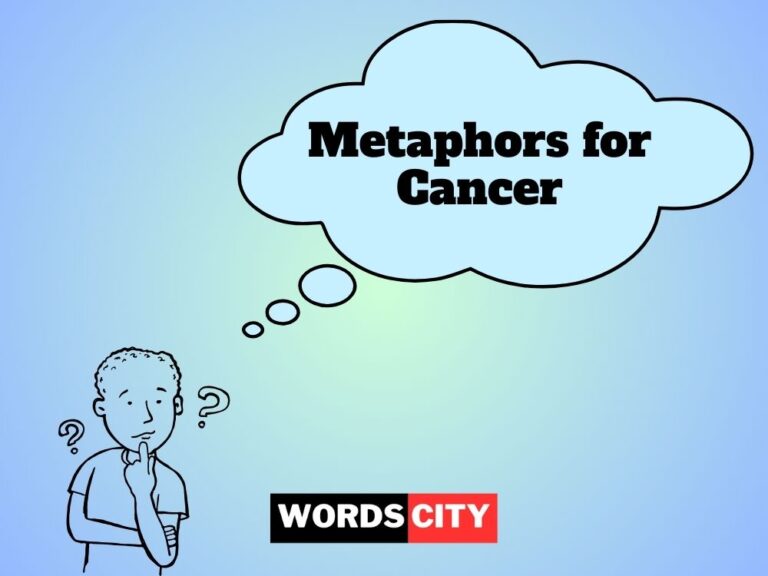The economy is like the heartbeat of a nation, constantly pulsing, sometimes racing, sometimes slowing down. But how do we really make sense of such a vast, complicated system? One way is through metaphors—words that paint a picture in our minds and help us understand the economy’s ups, downs, and rhythms more clearly.
Metaphors are powerful because they translate numbers and policies into everyday images. When we compare the economy to a river, a machine, or a garden, we start to see its strengths, weaknesses, and hidden patterns. By using metaphors, we can better grasp how economies grow, falter, recover, and evolve—making complex ideas much easier to understand.
Metaphors for Economy
1. The Economy is a Roller Coaster
Meaning: It experiences extreme ups and downs that can be thrilling or terrifying.
In a Sentence: Investing in the stock market during a recession felt like riding a roller coaster with steep drops and wild turns.
Other Ways to Say: Economic ups and downs, Financial thrill ride
2. The Economy is a Garden
Meaning: It needs nurturing, time, and the right conditions to grow.
In a Sentence: With careful policies and investments, the government treated the economy like a garden, patiently waiting for the seeds of innovation to blossom into prosperity.
Other Ways to Say: Cultivating growth, Tending economic fields
3. The Economy is a Ship at Sea
Meaning: It must navigate storms and calm waters, constantly adjusting its course.
In a Sentence: As global markets shifted, policymakers had to steer the economic ship carefully through turbulent financial waters.
Other Ways to Say: Navigating the market, Steering through financial storms
4. The Economy is a Beating Heart
Meaning: It must keep working rhythmically for the whole system to stay alive and healthy.
In a Sentence: When the banking sector collapsed, it was like the economy’s heart skipped a beat, threatening the entire body of the nation.
Other Ways to Say: Pulse of the nation, Financial lifeblood
5. The Economy is a Balloon
Meaning: It can expand quickly, but if pushed too far, it risks bursting.
In a Sentence: With reckless borrowing and risky investments, the financial system swelled like a balloon ready to burst.
Other Ways to Say: Economic bubble, Overinflated markets
6. The Economy is a Machine
Meaning: It’s a complex system of interconnected parts that must work together smoothly.
In a Sentence: Like a well-oiled machine, the economy thrived when industries, consumers, and governments moved in harmony.
Other Ways to Say: Economic engine, Financial machinery
7. The Economy is a House of Cards
Meaning: It appears strong but can collapse quickly if the foundation is weak.
In a Sentence: Built on bad loans and speculation, the housing market was a house of cards that eventually crumbled.
Other Ways to Say: Fragile economy, Shaky financial system
8. The Economy is a River
Meaning: It flows naturally but can be redirected, dammed, or dried up by external forces.
In a Sentence: Trade restrictions acted like a dam on the river of commerce, slowing the steady current of economic growth.
Other Ways to Say: Flow of trade, Stream of finance
9. The Economy is a Puzzle
Meaning: It’s made up of many interlocking pieces that must fit together just right.
In a Sentence: Solving unemployment, inflation, and debt felt like trying to piece together an enormous economic puzzle.
Other Ways to Say: Complex system, Financial mosaic
10. The Economy is a Tug of War
Meaning: It’s a constant struggle between opposing forces, like supply and demand or inflation and deflation.
In a Sentence: The global economy became a tug of war between rising oil prices and consumer demand for cheaper energy.
Other Ways to Say: Financial struggle, Economic push and pull
11. The Economy is a Living Organism
Meaning: It adapts, grows, weakens, and heals over time like a living creature.
In a Sentence: After the crash, the economy healed slowly, just like a wounded animal regaining strength after injury.
Other Ways to Say: Economic life cycle, Financial metabolism
12. The Economy is a Spider Web
Meaning: Every part is interconnected; damage in one area affects the whole.
In a Sentence: When the tech sector collapsed, it was like tearing a hole in the economic web, causing ripples through the entire system.
Other Ways to Say: Networked economy, Financial lattice
13. The Economy is a Forest
Meaning: Different sectors (trees) grow at different rates, and some must fall for others to thrive.
In a Sentence: In the global economy’s forest, new industries like renewable energy grew tall while older industries withered away.
Other Ways to Say: Economic ecosystem, Financial jungle
14. The Economy is a Game of Chess
Meaning: Every move must be carefully planned, anticipating reactions many steps ahead.
In a Sentence: Setting new trade tariffs was like making a bold move in a chess game, with complex consequences for international relations.
Other Ways to Say: Strategic economy, Financial game plan
15. The Economy is a Marathon
Meaning: Economic success requires endurance, patience, and long-term planning rather than quick bursts of energy.
In a Sentence: Recovering from the recession felt like running a marathon, requiring slow, steady progress over many years.
Other Ways to Say: Economic endurance race, Long-term financial journey
16. The Economy is a Bridge
Meaning: It connects different regions, industries, and people, allowing for the exchange of goods, services, and ideas.
In a Sentence: Global trade agreements acted like bridges, linking distant economies and creating stronger financial ties.
Other Ways to Say: Economic connection, Financial link
17. The Economy is a Volcano
Meaning: It can build pressure silently over time and then erupt suddenly, causing massive change.
In a Sentence: The sudden collapse of the housing market was like a volcano erupting after years of hidden financial instability.
Other Ways to Say: Economic eruption, Financial explosion
18. The Economy is a Quilt
Meaning: It’s made of different parts stitched together, each unique but contributing to the whole.
In a Sentence: The national economy was like a quilt, woven together from diverse industries, regional markets, and international partnerships.
Other Ways to Say: Economic patchwork, Financial tapestry
19. The Economy is a Marketplace
Meaning: It’s a vibrant space of exchange where buyers and sellers constantly interact.
In a Sentence: With the rise of e-commerce, the digital world became a global marketplace buzzing with economic activity.
Other Ways to Say: Financial bazaar, Trade hub
20. The Economy is a Mirror
Meaning: It reflects the behaviors, values, and decisions of society.
In a Sentence: Consumer trends acted like a mirror, revealing the true state of confidence in the economy.
Other Ways to Say: Financial reflection, Economic snapshot
21. The Economy is a Pendulum
Meaning: It swings between highs and lows in predictable but unstoppable cycles.
In a Sentence: Interest rates swung like a pendulum, moving between boom and bust periods over the decades.
Other Ways to Say: Economic swing, Financial cycle
22. The Economy is a Race Car
Meaning: It can move incredibly fast but requires careful control to avoid crashing.
In a Sentence: The post-war economy sped like a race car, needing skillful management to avoid overheating and crashing.
Other Ways to Say: Financial speed machine, Economic rocket
23. The Economy is a Ladder
Meaning: It represents opportunities for people to climb upward toward greater wealth and success.
In a Sentence: Education served as a sturdy ladder, helping workers ascend higher rungs in the economic structure.
Other Ways to Say: Path to prosperity, Financial climb
24. The Economy is a Clockwork
Meaning: It involves many intricate moving parts that must work in perfect synchrony.
In a Sentence: International trade agreements kept the global economy ticking like a finely tuned clockwork.
Other Ways to Say: Economic mechanism, Financial gears
25. The Economy is a Jigsaw Puzzle
Meaning: Every piece—every policy, market, and investment—must fit together for the full picture to make sense.
In a Sentence: Crafting a balanced budget was like solving a jigsaw puzzle, carefully fitting revenues and expenditures together.
Other Ways to Say: Financial puzzle, Economic composition
26. The Economy is a Race
Meaning: Countries and companies compete for innovation, growth, and dominance.
In a Sentence: The global economy became a fierce race, with nations sprinting to lead in technology and green energy.
Other Ways to Say: Economic competition, Financial contest
27. The Economy is a Storm
Meaning: It can be unpredictable, dangerous, and overwhelming.
In a Sentence: When inflation soared and jobs vanished, it felt like a storm had ripped through the national economy.
Other Ways to Say: Financial tempest, Economic upheaval
28. The Economy is a Living City
Meaning: It grows, evolves, and changes with the people who inhabit it.
In a Sentence: With each innovation, the economy pulsed like a living city, adapting to new industries and ideas.
Other Ways to Say: Economic metropolis, Financial ecosystem
29. The Economy is a Pendulum Clock
Meaning: Its movements may seem slow and steady, but shifts are inevitable over time.
In a Sentence: The economic recovery swung like a pendulum clock—slow, steady, and inevitable despite temporary setbacks.
Other Ways to Say: Financial pendulum, Economic timer
30. The Economy is a Battlefield
Meaning: Businesses, industries, and countries often compete fiercely for dominance and survival.
In a Sentence: In the global marketplace, every innovation felt like a battle won or lost on the economic battlefield.
Other Ways to Say: Economic war zone, Financial conflict
31. The Economy is a Breathing Organism
Meaning: It expands and contracts naturally, much like the rise and fall of a living being’s breath.
In a Sentence: After years of rapid expansion, the economy exhaled, slowing down as markets corrected themselves.
Other Ways to Say: Financial respiration, Economic ebb and flow
32. The Economy is a Chessboard
Meaning: Every move in policy or trade must be strategic and carefully considered.
In a Sentence: The government’s new stimulus package was a calculated move on the economic chessboard, designed to outmaneuver a looming recession.
Other Ways to Say: Strategic financial game, Economic planning field
33. The Economy is a Wave
Meaning: It surges, peaks, and crashes, always in motion and driven by underlying forces.
In a Sentence: The real estate market rose like a giant wave, only to come crashing down during the financial crisis.
Other Ways to Say: Financial swell, Economic tide
Practical Exercise
Fill in the Blanks:
Complete the sentences using the correct metaphor for economy.
- The banking crisis felt like a ______ waiting to erupt, shaking the foundations of global finance.
- After years of innovation, the tech sector became the towering tree in the economic ______.
- The new trade policy acted like a sturdy ______ connecting distant countries through commerce.
- Rebuilding after the crash was like solving a complicated ______ with pieces scattered everywhere.
- The market fluctuations were just another swing of the economic ______, moving with the tides of global demand.
- The financial crisis hit like a sudden ______, leaving businesses scrambling to recover.
- The economy sped ahead like a ______, driven by technological breakthroughs but at risk of losing control.
- Managing inflation and unemployment was like playing a high-stakes game on a massive economic ______.
- New industries sprouted quickly, turning the stagnant economy into a thriving ______ full of fresh opportunities.
- Investing in startups was risky, much like balancing a fragile ______, where one wrong move could topple the entire structure.
- As international agreements formed, the global economy became an intricate ______, ticking carefully with each policy change.
- After years of steady growth, the economy finally ______, signaling the start of a downturn.
Conclusion
Metaphors are like windows into the heart of the economy. By comparing it to natural forces, machines, and living beings, we make the complex rhythms of money, trade, and policy easier to see and understand. Whether it’s riding the economic wave, planting seeds of financial growth, or navigating through a storm of uncertainty, these metaphors help us stay grounded and informed.
So the next time the markets shift or the news speaks of booms and busts, remember—our economy is a living story, full of moving pieces, constant cycles, and endless opportunities to learn, adapt, and thrive.




